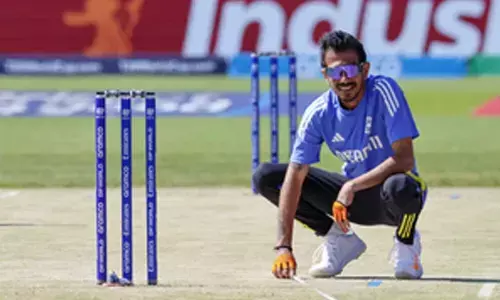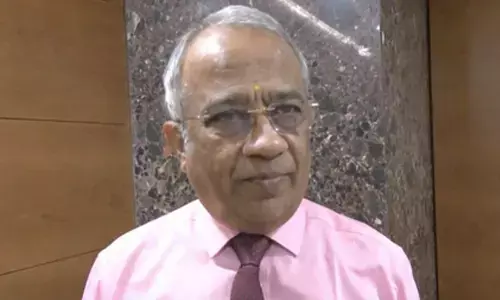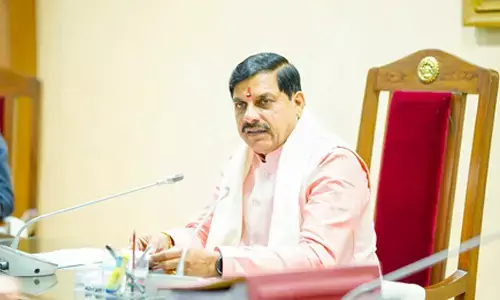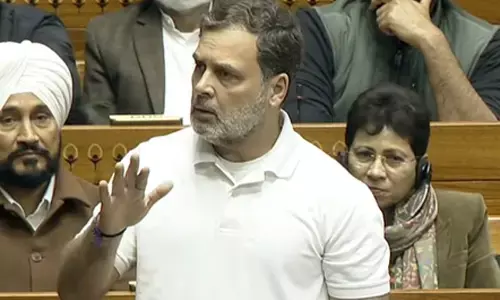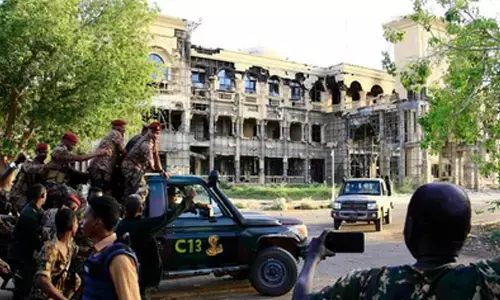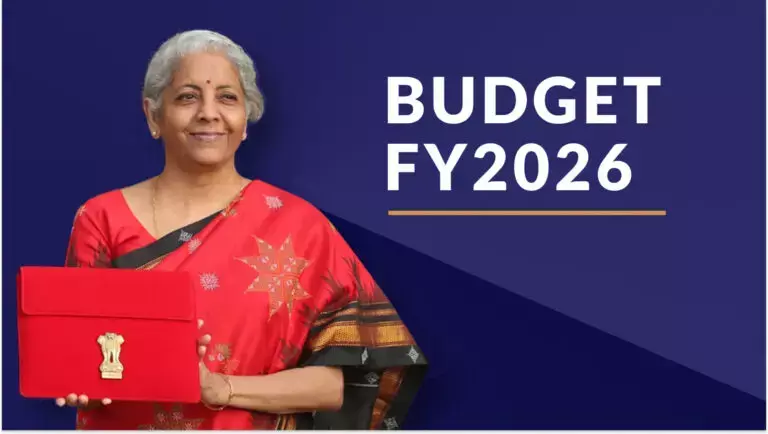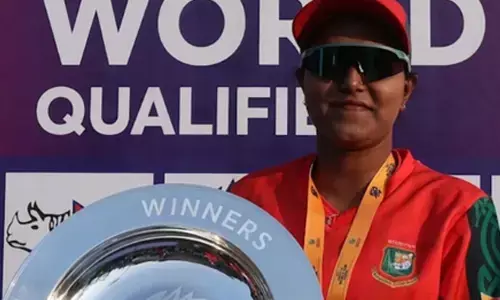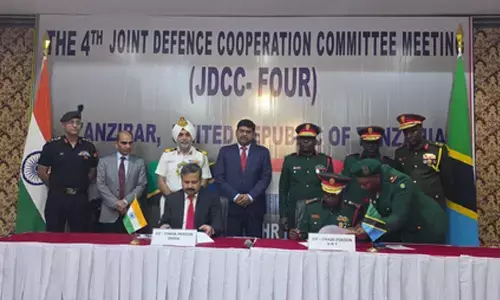Modi-Obama summit can take ties to next level: US experts
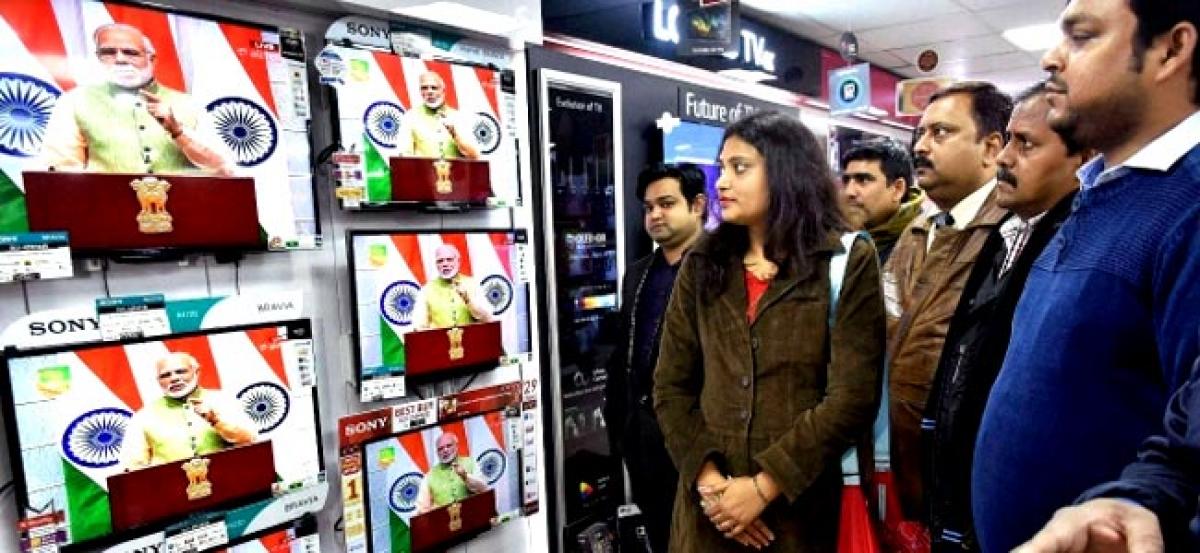
Modi-Obama Summit Can Take Ties to Next Level: US Experts. Several US policy experts, including a former key Clinton administration official, see the upcoming US visit of Indian Prime Minister Narendra Modi as an opportunity to take India-US ties to the next level.
Washington: Several US policy experts, including a former key Clinton administration official, see the upcoming US visit of Indian Prime Minister Narendra Modi as an opportunity to take India-US ties to the next level.
The Obama administration sees the recent election of Modi-led majority government in India "as an opportunity to take the relationship to the next level," writes Strobe Talbott president of the Brookings Institution, who served as President Bill Clinton's deputy secretary of state.
Talbott, who engaged India's then external affairs minister Jaswant Singh to end India's nuclear isolation after India's 1998 nuclear tests, has outlined the opportunities and challenges that lie ahead in an India-US Policy memo with Tanvi Madan, director of the Brookings' new India Project.
President Barack Obama, they say, "would like to see the 'strong, developed, and inclusive India that actively engages with the global community' that Prime Minister Modi has promised."
"The administration has repeatedly asserted that even though India and the US will not always agree, India's rise is unquestionably a net positive for the prospects for peace, progress, and prosperity in the 21st century."
But "the overarching challenge that lies ahead is translating the opportunities in the relationship into outcomes, the potential into performance and progress," Talbott and Madan write.
"This will require action on both sides; as the Hindi saying goes, taali ek haath se nahin bajti (you can't applaud with one hand)," they write.
.jpg)
"It will also call for compromises, as well as patience with and understanding of the other side's constraints."
"Finally, it will require giving each other the benefit of the doubt when things get tough, managing differences, and seeing each other as part of the solution and not just part of the problem-at the bilateral, regional, multilateral, and global levels," Talbott and Madan added.
Lisa Curtis, senior research fellow at The Heritage Foundation, a conservative think tank, agrees saying the "stage is set for a successful Modi visit to Washington."
But "the White House must guard against allowing the myriad international crises happening around the globe to overshadow the visit and weaken Indo-US bilateral ties."
"Engaging with a strategically like-minded partner such as India takes on greater importance as the US grapples with multiple global challenges," Curtis wrote.
"US-India cooperation is particularly important when it comes to countering international terrorism and maintaining a stable balance of power in the Asia Pacific," she wrote.
"During the visit, President Barack Obama should demonstrate the importance the US attaches to the bilateral relationship and offer cooperation on economic, defence, and security issues," Curtis
suggested.
Dr. Joshua Meltzer, a fellow in Global Economy and Development at the Brookings Institution emphasises that, despite the impressive growth in the economic relationship, there remains significant room for improvement.
Noting that there are significant opportunities for India and the US to deepen the bilateral trade and investment relationship, he recommends among other things committing to a deadline to conclude a Bilateral Investment Treaty.
Developing a dialogue with Indian regulators to address how India's "Decade of Innovation" can be "supported by stronger protection and enforcement of intellectual property rights," Meltzer suggests.
He also wants the Obama administration to affirm its support for extending access to H-1B visas for students having completed postgraduate US degrees.
Noting that India's new government has yet to develop its trade policy, Meltzer suggests developing "a dialogue with India as to what Indian economic reforms could facilitate it joining either the TPP (Trans-Pacific Partnership) or the TiSA (Trade in Services Agreement) should it wish to do so."
IANS








